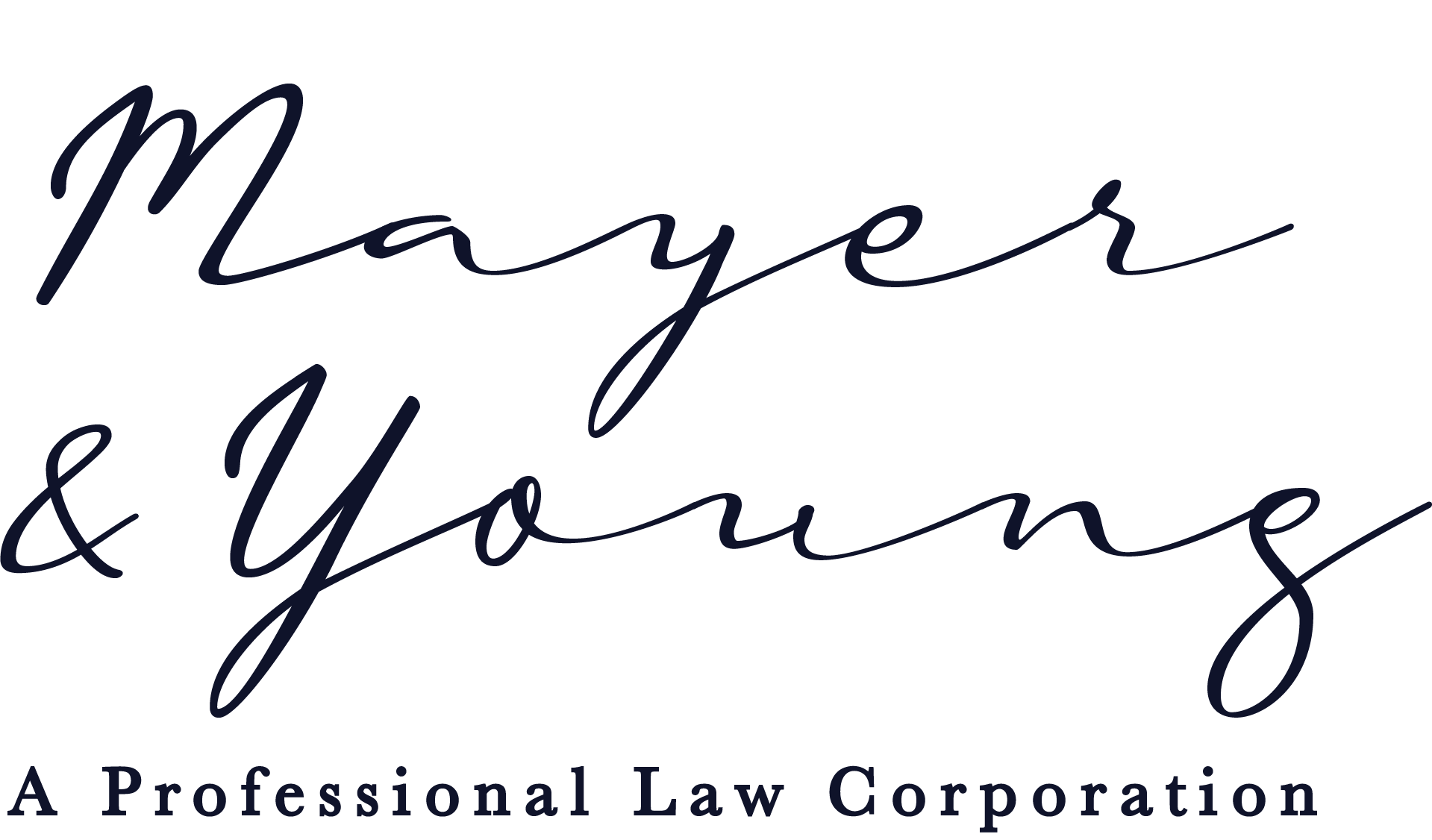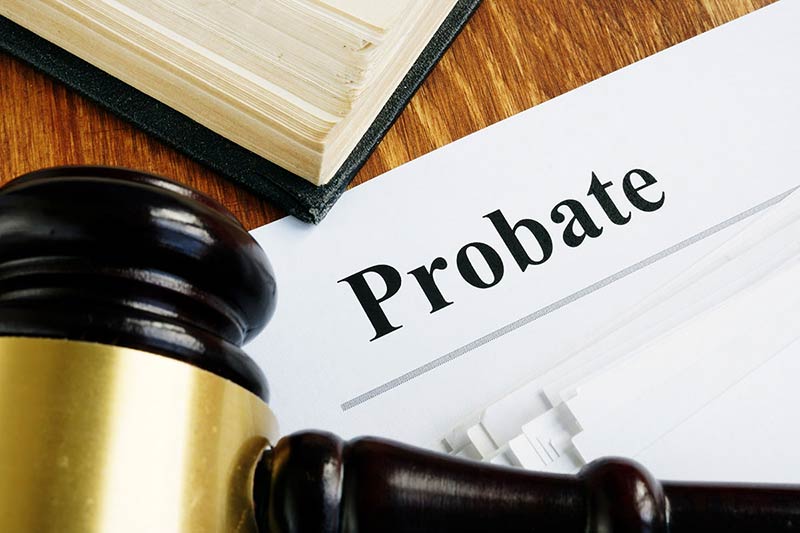What is a legal guardianship?
Guardianship occurs when a person is appointed the legal guardian of a minor child. Guardianship can become necessary in a number of circumstances. For example, if both parents are deceased, the minor child would need a legal guardian (for information about how to designate a legal guardian in the event of both parents passing, please see our estate planning section of this website). Other times, family members become legal guardians when parents are unable to act in the children’s best interest. This can occur when a parent is incarcerated, or when they are battling substance abuse issues or mental illness.
Guardianship is not restricted to these scenarios, so it is important that you consult with an attorney regarding your options.

Why do I need to become an “official” legal guardian?
Often issues related to child welfare can only be made by a parent, and without a legal guardianship giving you authority and control, you risk the inability to make decisions for a child, or even have custody of a child. For example, a school can refuse to release a child to you unless they have a copy of the court ordered guardianship on file allowing you to take custody of a child. Or, if you have your grandchild in your care because the parent is abusing drugs, and they come to pick up the child against your will, any police intervention would look to who has the legal authority to have the child in their custody. Legal guardianship is necessary for you to make the financial, educational, and healthcare decisions relating to a child in your care.
If you need help becoming a legal guardian, please contact our law office at (916) 631-1996 for a reduced fee consultation with one of our experienced Folsom guardianship attorneys.




